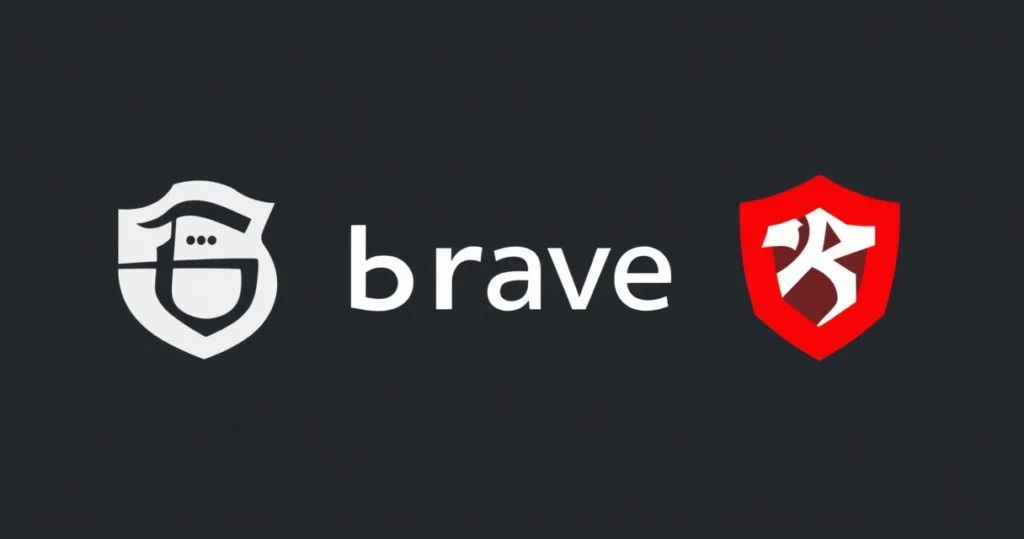The digital landscape is rapidly evolving, and with it, concerns surrounding data privacy have taken center stage. One of the latest developments in this arena is the introduction of the Windows Recall feature, designed to automatically capture screenshots to assist users in recovering information. While this feature aims to enhance productivity, it has sparked significant controversy, leading privacy-focused companies like Brave and AdGuard to take a firm stance against it. This article delves into the implications of the Windows Recall feature, the concerns raised by privacy advocates, and the responses from Brave and AdGuard.

As users increasingly rely on digital platforms for both personal and professional tasks, the potential for sensitive data exposure grows. The Recall feature, by automatically capturing screenshots, raises critical questions about data privacy and security. This article will explore the functionalities of the Recall feature, the rationale behind Brave and AdGuard’s opposition, and the broader implications for users concerned about their digital privacy.
Understanding the Windows Recall Feature
The Recall feature in Windows is designed to streamline user experience by automatically capturing screenshots of active windows. This functionality is intended to assist users in retrieving lost information or providing visual context during troubleshooting. However, the feature operates in the background without explicit user consent, leading to concerns about its potential misuse.
Functionality of Windows Recall
The Recall feature utilizes a built-in mechanism that periodically takes screenshots of the user’s screen. These screenshots are stored temporarily, allowing users to retrieve important visual information easily. However, the lack of transparency regarding how these images are stored, accessed, and potentially shared has raised significant red flags.
Privacy Concerns
One of the primary criticisms of the Recall feature is its capability to capture sensitive information without user awareness. For instance, personal messages, banking details, or confidential work documents could inadvertently be captured and stored. This raises ethical questions about consent and the potential for data breaches, making it a point of contention for privacy advocates.
Brave’s Response: A Commitment to Data Privacy
Brave, known for its privacy-centric web browser, has been vocal in its opposition to the Windows Recall feature. The company emphasizes the importance of user control over their data and has taken steps to block this feature from running in its browser.
Technical Measures Implemented by Brave
Brave employs various technical measures to prevent the Recall feature from operating within its ecosystem. These include:
- Blocking Background Processes: Brave has implemented mechanisms to detect and block background processes associated with the Recall feature.
- User Alerts: The browser alerts users if the Recall feature attempts to capture screenshots when they are using the Brave browser.
- Enhanced Privacy Settings: Brave has introduced settings that allow users to disable any automatic screenshot capturing features.
Advocating for User Awareness
Brave is also focused on educating users about the potential risks associated with the Recall feature. Through various outreach initiatives, the company aims to raise awareness about data privacy and the importance of user consent in digital interactions.
AdGuard’s Stance: Protecting Users from Intrusive Features
AdGuard, a leading ad-blocking and privacy protection tool, has joined Brave in opposing the Windows Recall feature. The company’s main focus is on safeguarding users from intrusive features that compromise their privacy.
How AdGuard is Addressing the Issue
AdGuard has taken a multi-faceted approach to combat the negative implications of the Recall feature:
- Real-time Protection: AdGuard offers real-time protection against unwanted processes, including the Recall feature.
- Privacy Filters: The tool includes privacy filters that block any attempts from the Recall feature to capture screenshots.
- User Control: AdGuard empowers users with control over what features they allow to operate on their system.
Collaboration with Other Privacy Advocates
AdGuard is not alone in its fight against the Recall feature. The company collaborates with other privacy-focused organizations to advocate for stronger data protection measures and to promote transparency in software features that might infringe on user privacy.
The Broader Implications for Data Privacy
The opposition to the Windows Recall feature by Brave and AdGuard is indicative of a larger trend towards prioritizing data privacy in the tech industry. As users become more aware of the risks associated with automatic data collection, there is a growing demand for transparency and user control.
Shifting User Expectations
Today’s users are increasingly savvy about their digital privacy. They expect not only robust features but also the assurance that their sensitive information is protected from unnecessary exposure. The backlash against features like Windows Recall signifies a shift in user expectations, driving companies to adopt more privacy-centric practices.
The Role of Legislation in Data Privacy
Legislation plays a crucial role in shaping data privacy norms. As governments worldwide enact stricter regulations regarding data protection, companies will need to adapt their practices to comply. This evolving landscape presents both challenges and opportunities for tech companies as they navigate the delicate balance between innovation and user privacy.
Frequently Asked Questions (FAQ)
1. What is the Windows Recall feature?
The Windows Recall feature is a functionality that automatically captures screenshots of user screens to assist in information recovery.
2. Why are Brave and AdGuard opposing the Windows Recall feature?
Both companies are concerned that the Recall feature can inadvertently expose sensitive user data without explicit consent, raising significant privacy issues.
3. How does Brave protect users from the Windows Recall feature?
Brave blocks background processes associated with the Recall feature, alerts users of potential privacy risks, and provides enhanced privacy settings.
4. What measures does AdGuard implement to combat the Recall feature?
AdGuard offers real-time protection, privacy filters, and empowers users with control over which features can operate on their systems.
5. What are the broader implications of the Recall controversy for data privacy?
The controversy illustrates a growing demand for transparency and user control in digital features, influencing how tech companies approach data privacy moving forward.
Conclusion
The introduction of the Windows Recall feature has triggered a significant debate about data privacy in the digital age. With Brave and AdGuard leading the charge against this controversial functionality, users are encouraged to reflect on the implications of automatic data capture features. As the landscape of digital privacy continues to evolve, the stance taken by these companies highlights the imperative for transparency, user consent, and robust privacy measures. In a world where data breaches are increasingly common, the actions of companies like Brave and AdGuard serve as a reminder that protecting user privacy should be a top priority for all technology providers.
📰 Original Source
Este artigo foi baseado em informações de: https://tecnoblog.net/noticias/brave-e-adguard-bloqueiam-polemica-funcao-recall-no-windows/



